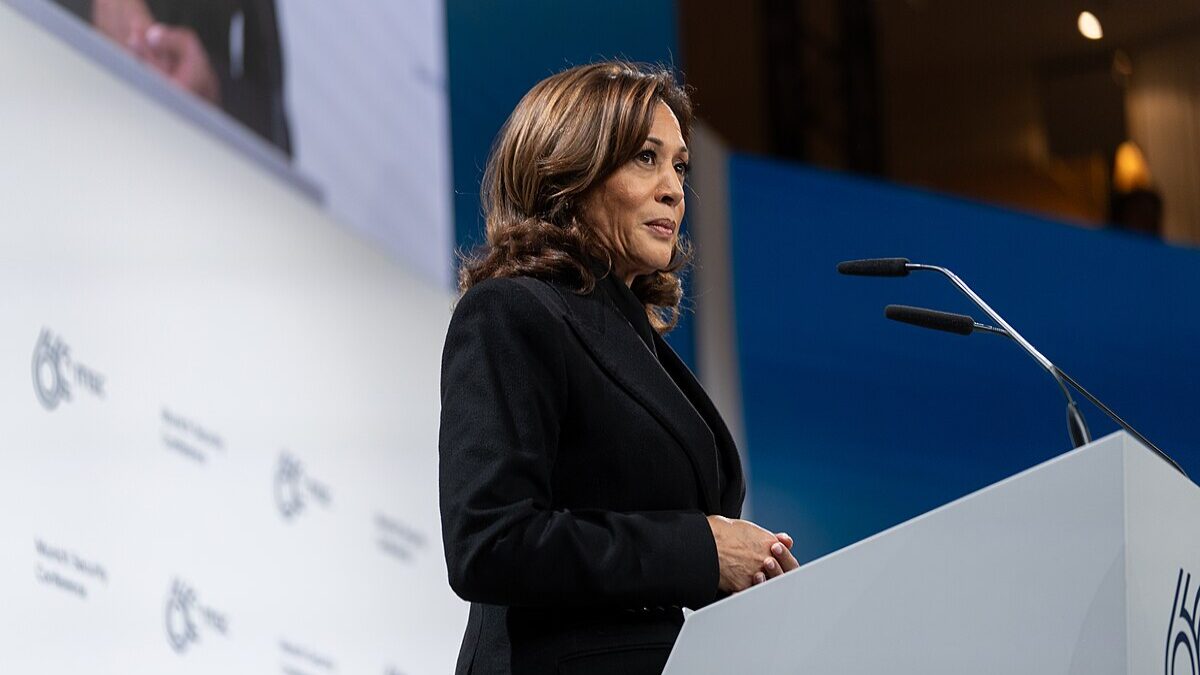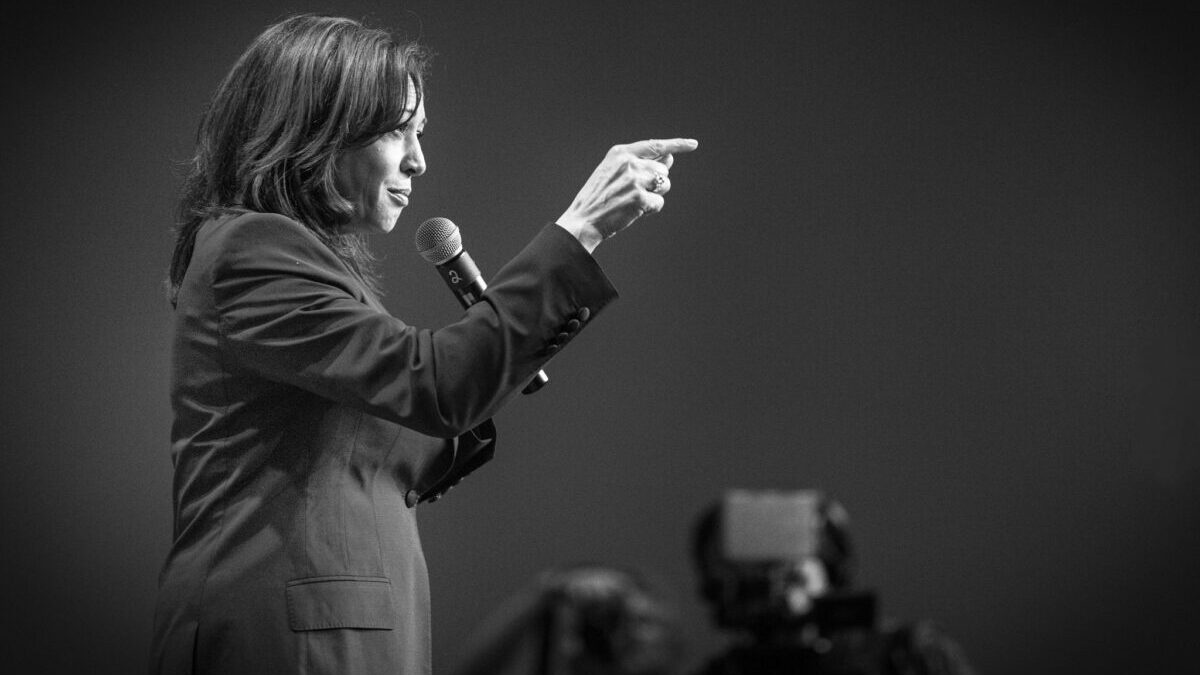
A new Economist / YouGov poll measuring public trust in 22 of the most prominent media organizations in the country is making the rounds. And you’ll not be surprised to learn that the number one takeaway for legacy media is that Americans distrust conservative journalists.
Here is Aaron Blake of the Washington Post:
Whatever you make of its firing decisions or coverage, Fox News is the sole major right-leaning news outlet on television. It is the only outlet in the poll that a majority of Republicans “trust,” at 56 percent. Yet Fox earns a mere +3 score on the poll’s rankings because YouGov slots all outlets by the differential in the percentage of respondents who find it “trustworthy” and “untrustworthy.” So, for instance, 23 percent find The Hill “very” or generally “trustworthy,” while 16 percent find it “very” or generally “untrustworthy.” Its ranking is +7.
But how much does +/- matter?
Fox News, best known for its conservative pundits and commentary — and the focus of left-wing ire — is sure to generate a stronger negative reaction than, say, ABC or NBC. It is more telling that 38 percent of those polled find Fox News “very” or generally “trustworthy.” CNN is at 39 percent, and MSNBC is at 36. Only 40 percent of respondents believe the Washington Post, an ostensibly unbiased newspaper, is “very” or generally “trustworthy” — a small, probably inconsequential, statistical difference. Today, neither the Post, nor any other once-respected major newspaper, can entice 20 percent of respondents to say it is “very trustworthy,” nor even a simple majority to agree that it is generally trustworthy. That seems pretty newsworthy.
It’s also clear the poll doesn’t really measure for “trust” in the sense of “reliability,” “impartiality,” or “truthfulness.” In contemporary politics, and maybe it’s always been this way, “trust” is another way of saying confirmation bias. One of the most trusted television outlets among Democrats is CNN, despite its appalling journalistic record over the past decade. Do Democrats really believe CNN is more reliable on the facts than C-Span? Or do they just prefer what the former has to say?
It’s unsurprising that respondents are partisans. In an age of atomized media, it is also probably the case that many, if not most, of them don’t really know much about the other 20 outlets they don’t watch or read. For example, 66 percent admitted to not knowing or not having an opinion of the trustworthiness of “The National Review,” the highest-rated conservative outlet (+8). That means 990 of 1,500 of those polled opted out. How many of the remaining 510 people have really read the publication — or The Atlantic or Axios or Business Insider or New Yorker, for that matter? It’s probably impossible to quantify.
So, the poll has four major flaws: 1) the ranking formula is misleading, 2) it doesn’t define “trust,” 3) the respondents probably don’t watch/read most outlets they’re being asked about, and 4) the number of people polled is incredibly small. About the only thing the poll confirms is that trust in media has cratered and that conservatives and independents are increasingly distrustful of all media outlets, while Democrats remain loyal to left-wing outlets no matter how unreliable.







